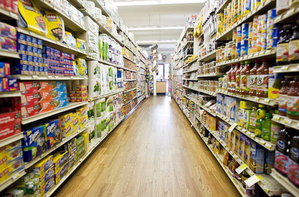Mumbai: As private consumption surges especially in the rural parts of the country, premium brands in FMCG are consistently growing — approximately twice as fast as their non-premium counterparts — and 50 per cent of e-commerce sales stem from the premium and luxury segment, according to a new report.
Similar trends are observed in the tech and durables sector, driven by increasing income levels, urbanisation, smartphone penetration and a more aspirational consumer base, as per findings by NielsenIQ (NIQ), a leading consumer intelligence company.
Notably, smaller manufacturers or emerging brands in this space are registering faster growth in premium and luxury products compared to larger industry players.
Roosevelt Dsouza, Commercial Head–India, NielsenIQ, said they are observing an increasing convergence of aspirational consumer preferences with higher disposable incomes, as well as the presence and access to premium products.
“This shift is driven by digital platforms, contributing to nearly half of the sales. Market mix, channel diversity, and new entrants will further drive the adoption of premiumisation in the future,” Dsouza mentioned.
Tier 1 and 2 cities are emerging as the fastest-growing markets, reflecting rising aspirations and greater availability of premium brands.
According to the report, the growth in premium FMCG is more organic than price-driven, with consumption volumes rising at almost twice the pace of price increases.
Home care and processed foods have seen particularly strong growth, with consumers gravitating towards premium brands in these categories.
“Despite overall FMCG in India facing challenges to achieve double-digit growth, the premium segment consistently grows at double-digit rates across all markets and categories, driving half of the incremental sales for the Indian FMCG industry. The trend is visible particularly in the South and West zones,” the report mentioned.
According to NIQ, modern trade is playing a key role in introducing premium and luxury products to the Indian consumer. Of all new product launches in modern trade, 58 per cent are from premium+ segment — significantly higher compared to traditional trade, where premium launches account for 38 per cent of new products.
–IANS


Comments are closed.